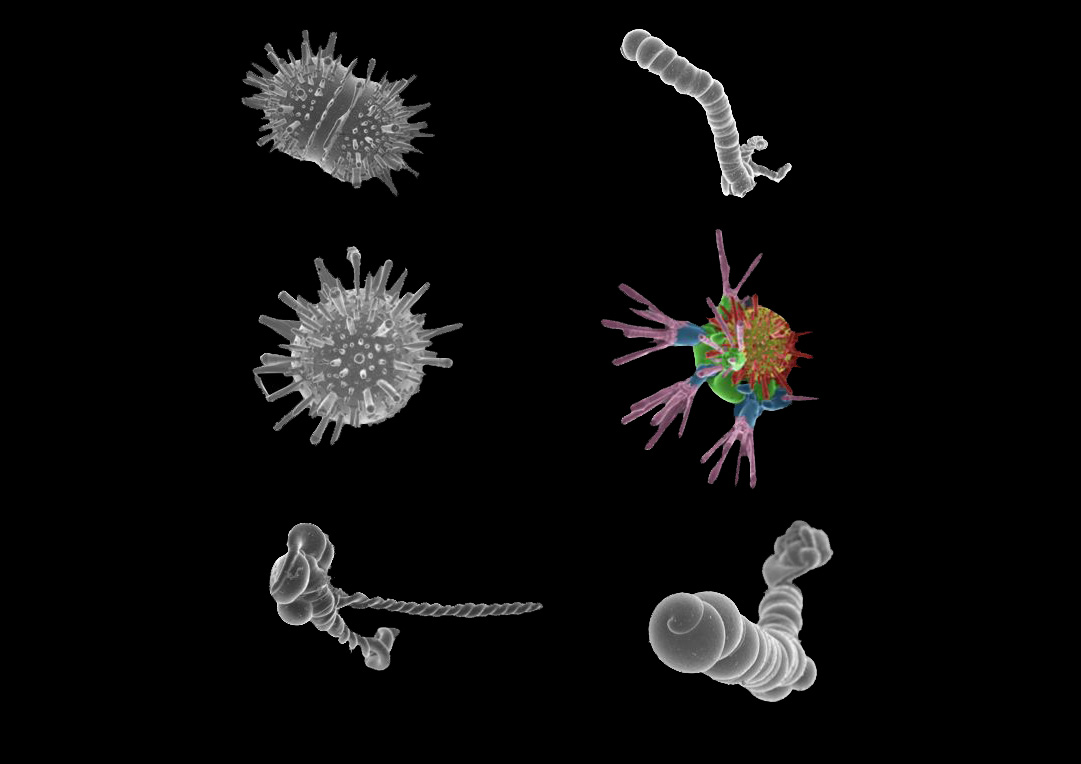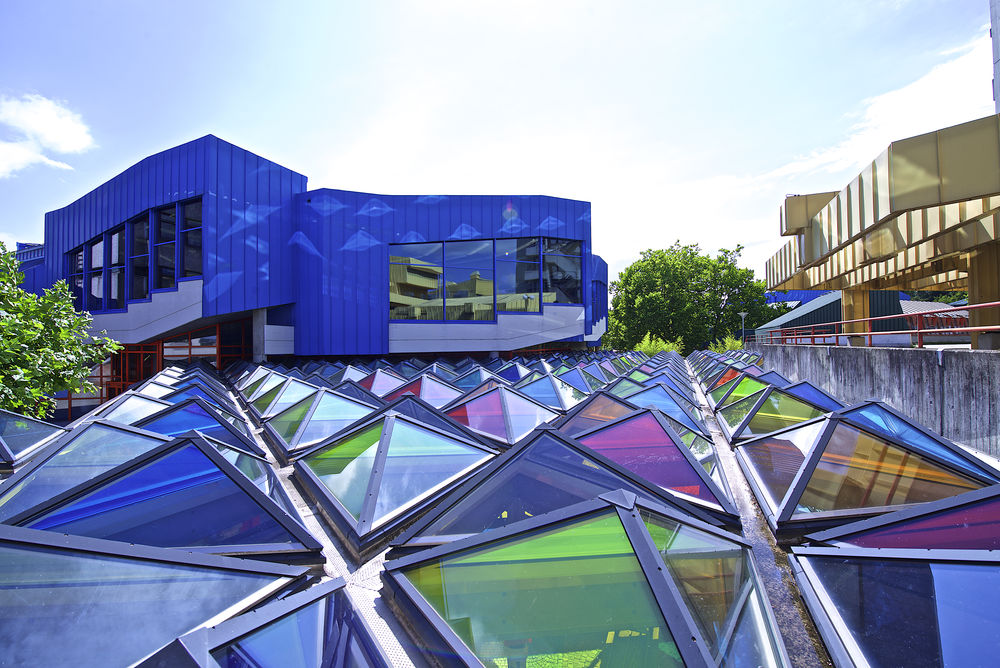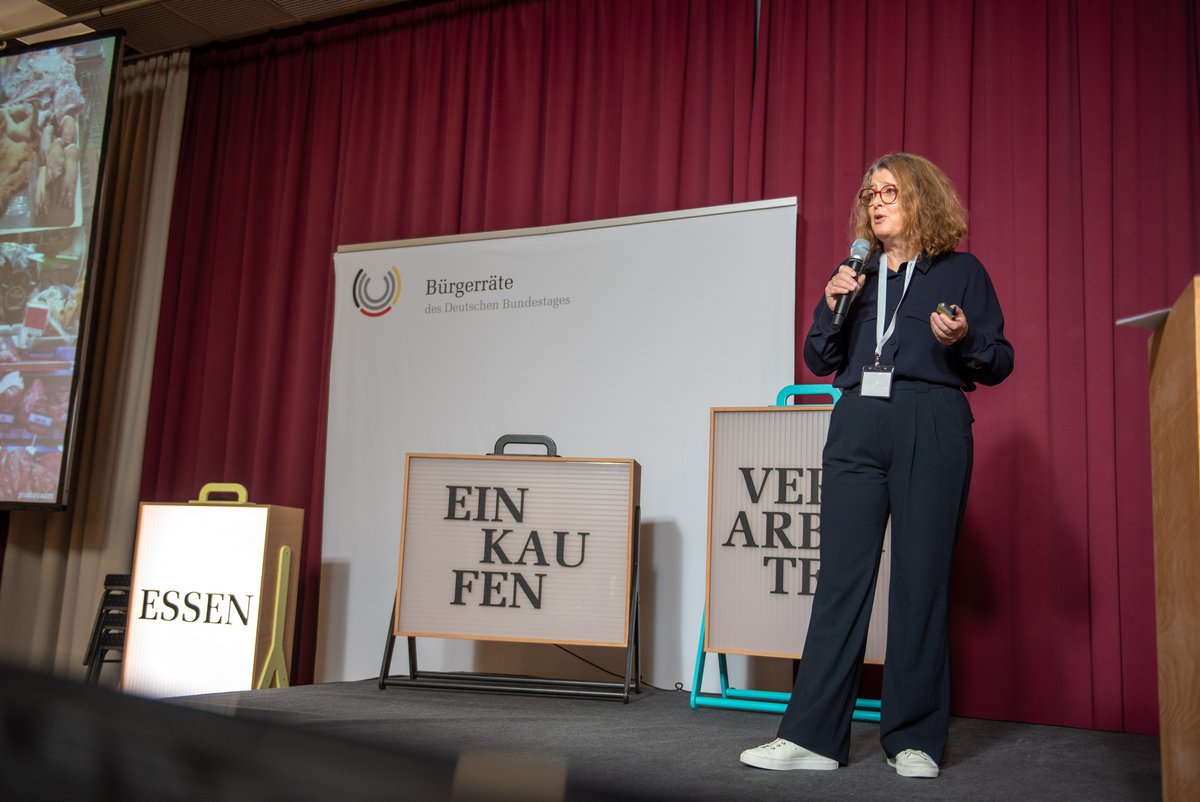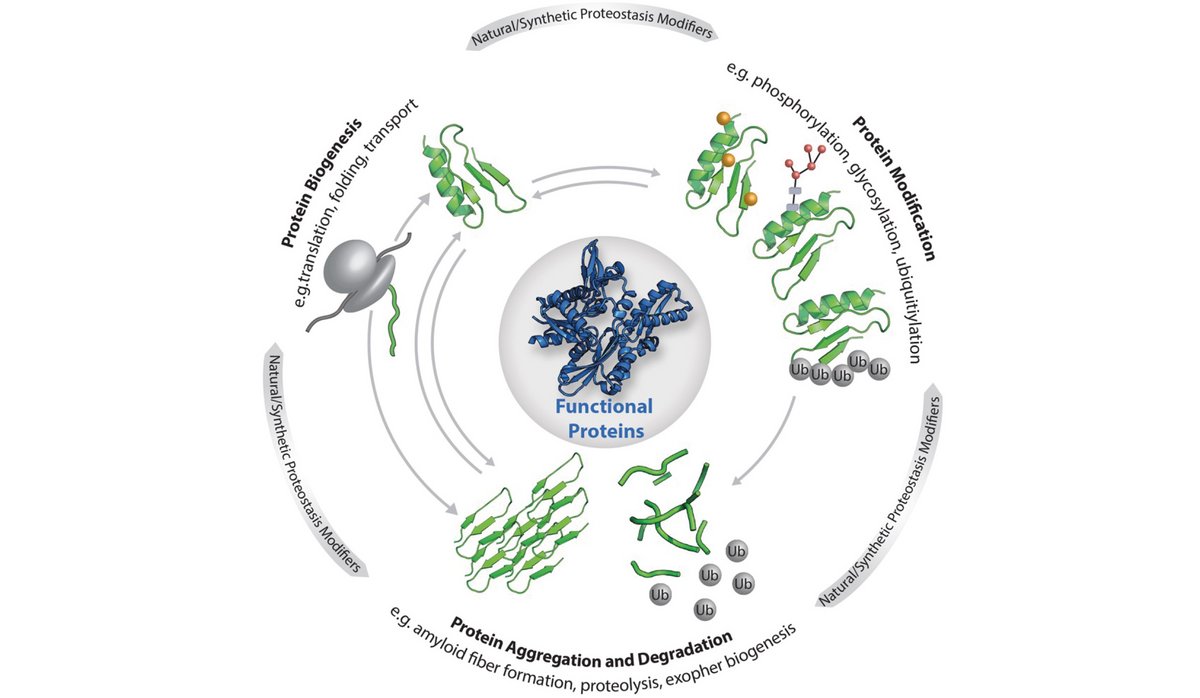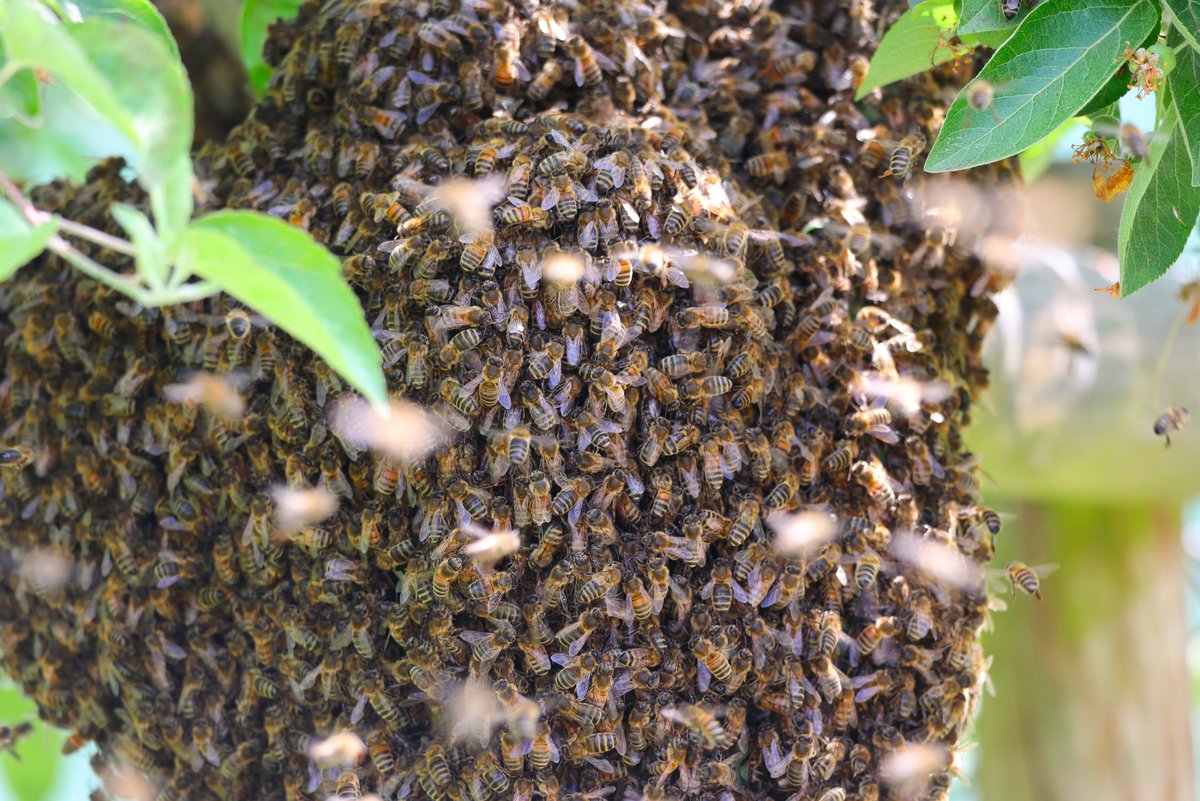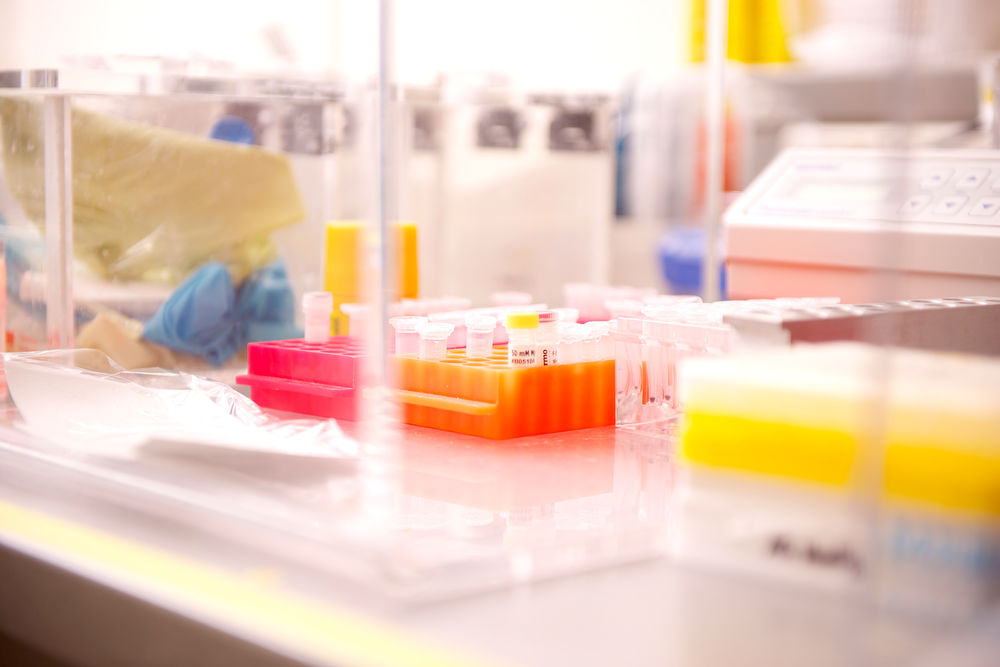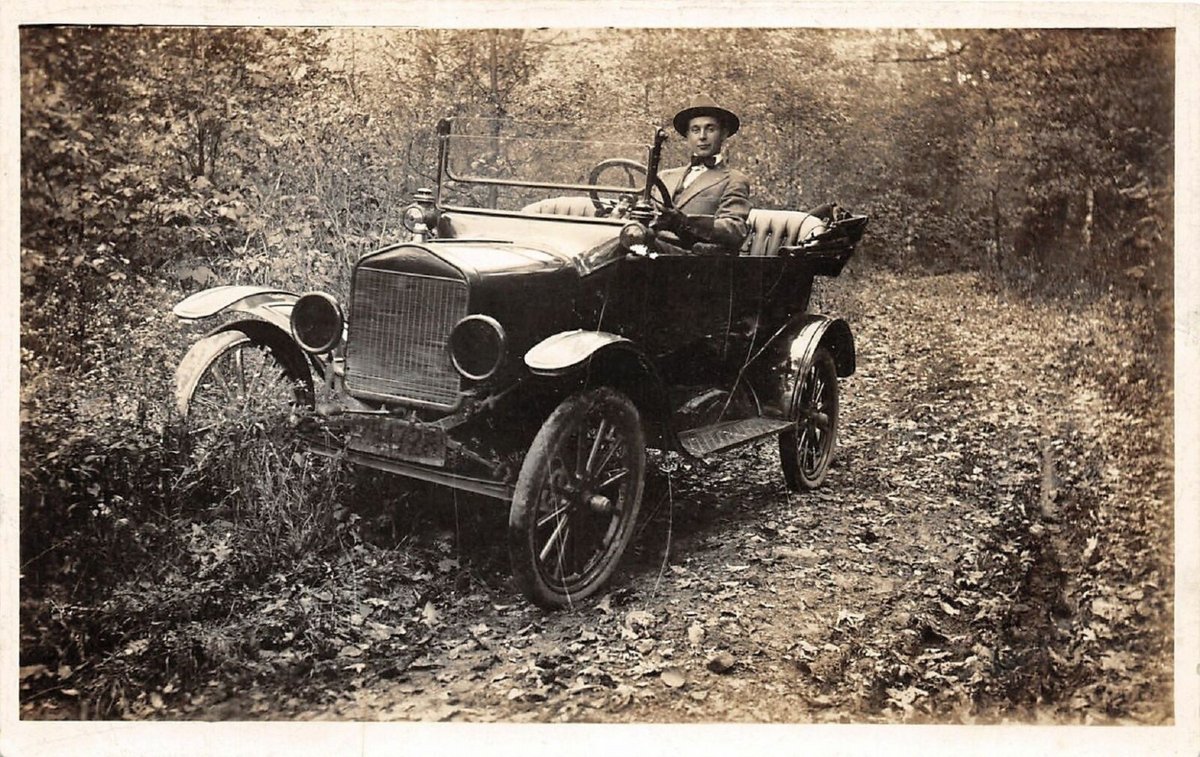
Arriving in Konstanz – interview with Lena Barra
What's it like to be an early career researcher at the University of Konstanz? Lena Barra, a tenure-track professor in the Department of Chemistry since 2022, gives us insights into her research in enzymology and reports on what it's like to get started in Konstanz.
Read more
